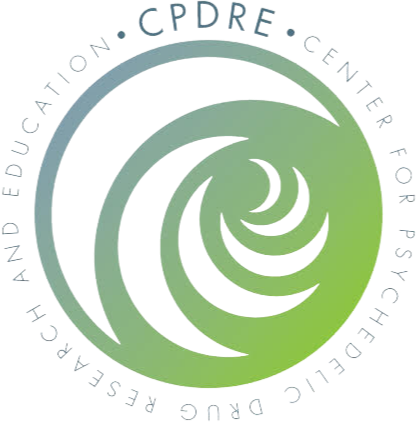
Courses
PLNTPTH 8300 Current Topics: Psychedelic Bioethics
Dr. Nese Devenot
Spring 2023, Class # 36966, Meets We 7:05pm-8:55pm Online.
Since 2019, media outlets including the New York Times, Business Insider, and Fortune began identifying a “gold rush” in psychedelic medicine as venture capital flocked to invest in psychedelic start-ups. Although most psychedelics remain Schedule 1 prohibited substances, venture capital firms were encouraged by the recent decriminalization of psilocybin in Denver, CO and Oakland, CA, and investors have been eager to establish an early foothold in the nascent psychedelic marketplace in light of the recent explosion of the adjacent cannabis industry. Meanwhile, the FDA granted “breakthrough therapy” designations to two psychedelic compounds across three clinical trials: MDMA for post-traumatic stress disorder (PTSD) in 2017, psilocybin for treatment-resistant depression in 2018, and psilocybin for major depressive disorder (MDD) in 2019. The Multidisciplinary Association for Psychedelic Studies (MAPS) projects that MDMA will gain FDA approval by 2023, and psychedelic-assisted therapies are expected to extend widely to other clinical indications, including obsessive-compulsive disorder (OCD), substance use disorder (SUB), social anxiety in autistic adults, and end-of-life anxiety. In the global context of rising mental health burdens, the psychedelic drugs market has been projected to reach $6.85 billion by 2027. This course will examine the bioethical implications of this mainstreaming of psychedelic medicine, beginning with an introduction to some of the major methodologies and principles of bioethics as an interdisciplinary field. We will then develop a bioethical comprehension of key working concepts from psychedelic medicine, including “set and setting,” suggestibility, and informed consent. Moving from the clinic to larger societal and structural dynamics, we will end by considering how market-based approaches to medicalization contrast with alternative models for new legal frameworks including decriminalization. On the basis of this groundwork, the course ends with conceptions for how the future of psychedelic medicine could be built to incorporate the bioethical themes of justice and equity towards the betterment of society.

